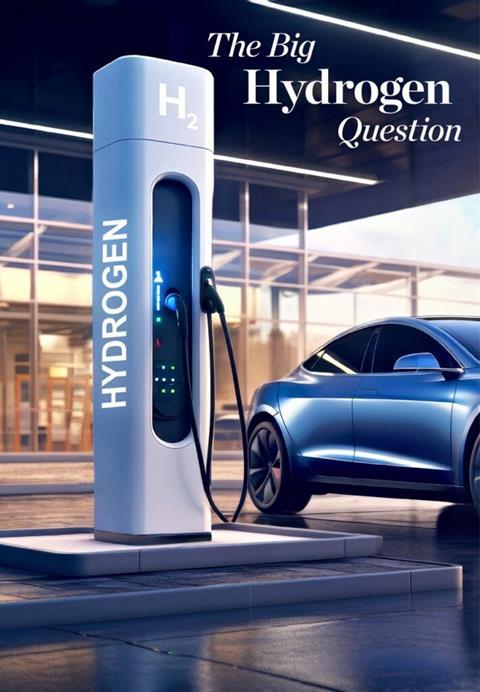
Company fleets are driving sales of new electric cars, but hydrogen models could be a “game-changer” for the sector if sufficient refuelling capacity is put in place, says a report.
In fact, 22% of company car drivers say they would consider a hydrogen car, compared with 30% for electric, if the charging or refuelling infrastructure was in place, according to research by independent fleet management specialist Venson Automative Solutions.
Hydrogen, it says, is the fastest developing alternative greener fuel option around the world. And in the UK its research shows that drivers are more open to the idea of driving a hydrogen car than they were in 2021, when just 11% would consider a vehicle powered by a hydrogen fuel cell, compared with 18% for a battery electric model.
Other alternative fuels score high in the latest survey too, with 50% of respondents saying they might run a vehicle on biodiesel – derived from sources such as waste cooking oil, animal fats, and rapeseed oil – if these options were readily available on the forecourt. Biogas compressed natural gas would be an option for 37% of respondents, compressed air for 30%, ethanol for 29%, and liquified petroleum gas for 23%. However, almost one in four of respondents remain loyal to petrol or diesel vehicles.
Venson Automotive Solutions’ client management director Simon Staton, says that the results bode well for hydrogen technology. “While hydrogen-powered cars, also known as fuel cell electric vehicles (FCEVs), may be relatively rare on UK roads today, they have the potential to grow rapidly in popularity in the next few years, if the refuelling infrastructure can be suitably extended,” he says.
“Interestingly, 62% of respondents believe vehicle manufacturers should be investing the same amount of time and money in bringing hydrogen cars to UK roads, as they are with electric cars,” he adds.
“Clearly fleet drivers are keen to do their bit to reduce their environmental impact, and hydrogen could be a more convenient refuelling option than electric for many people in future. Certainly, fleet managers looking to cut fleet emissions should not exclude hydrogen from their long-term plans in favour of hybrid and electric vehicles readily available today. It is early days for hydrogen fleets, but increasing investment in the relevant technology and refuelling networks will increase the appeal of FCEVs.”
In a recent white paper, ‘The Big Hydrogen Question,’ Venson explored the role hydrogen power will play in transitioning to greener mobility, as well as the current challenges stalling more rapid progress.
Staton concludes: “Hydrogen could be a game-changer in the near future. Although electric is increasingly being adopted across fleets of cars and to some extent vans, electric is not a one-size-fits-all solution.”
































